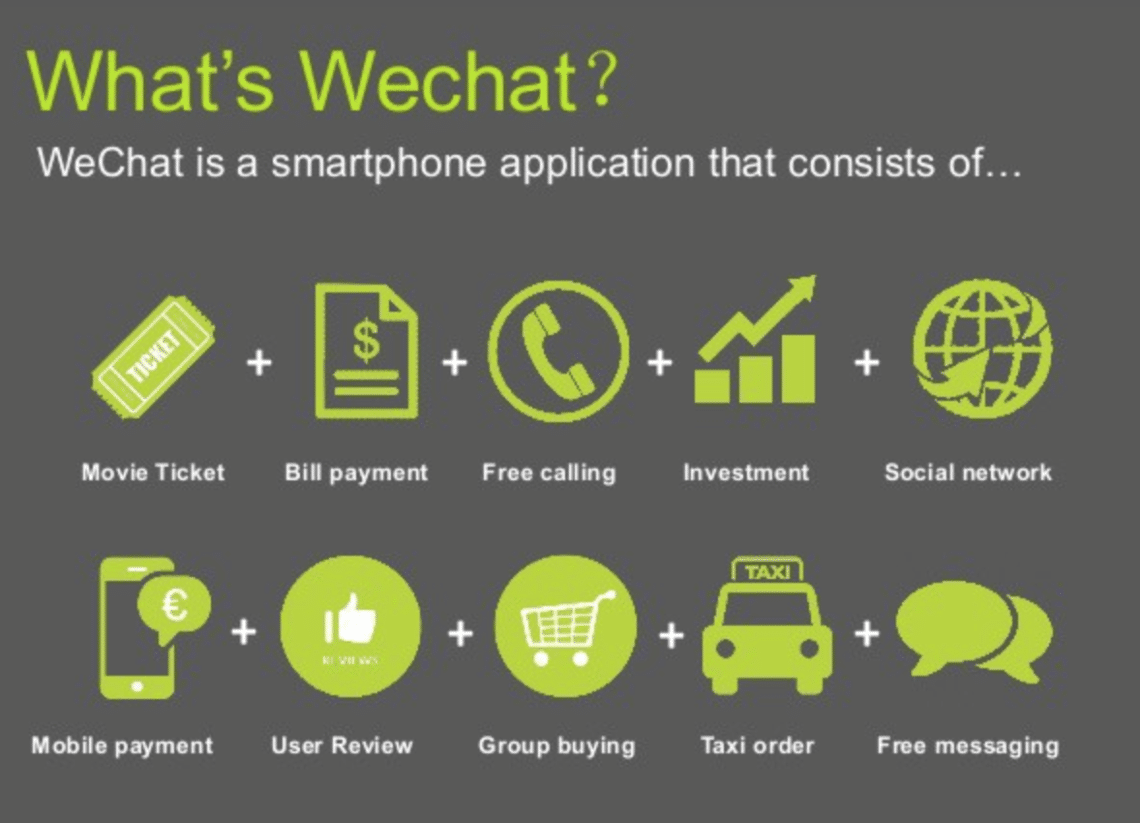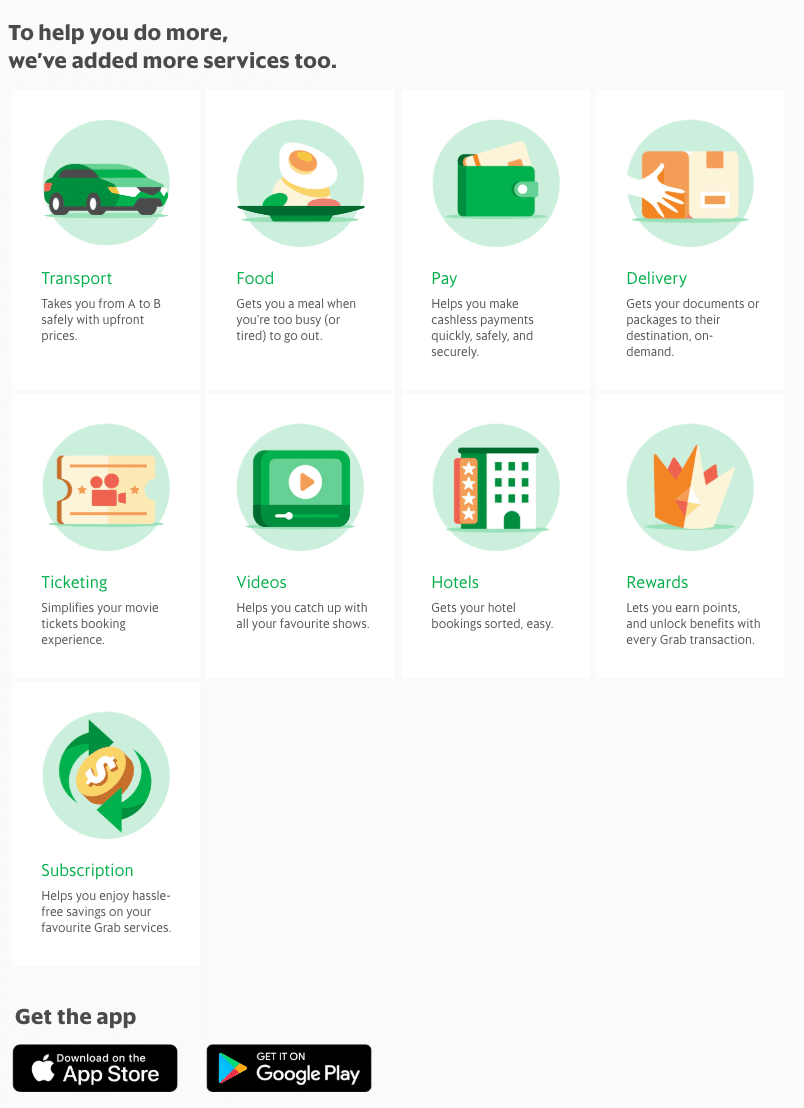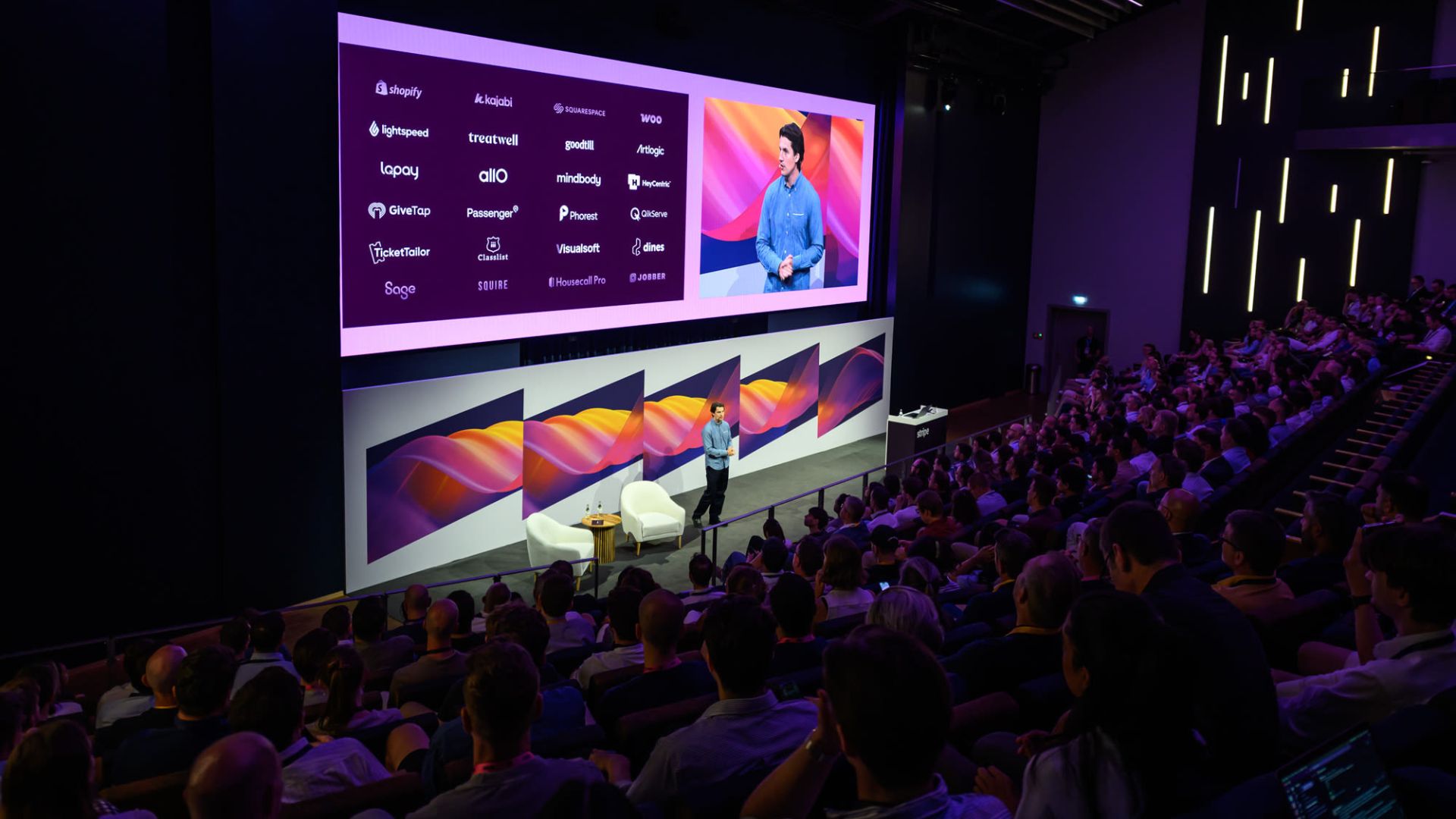War es am Anfang des iPhones eher das Motto ‘there is an App for that’ , sehen wir seit einiger Zeit eine Art Gegenbewegung zu sogenannten Super-Apps.
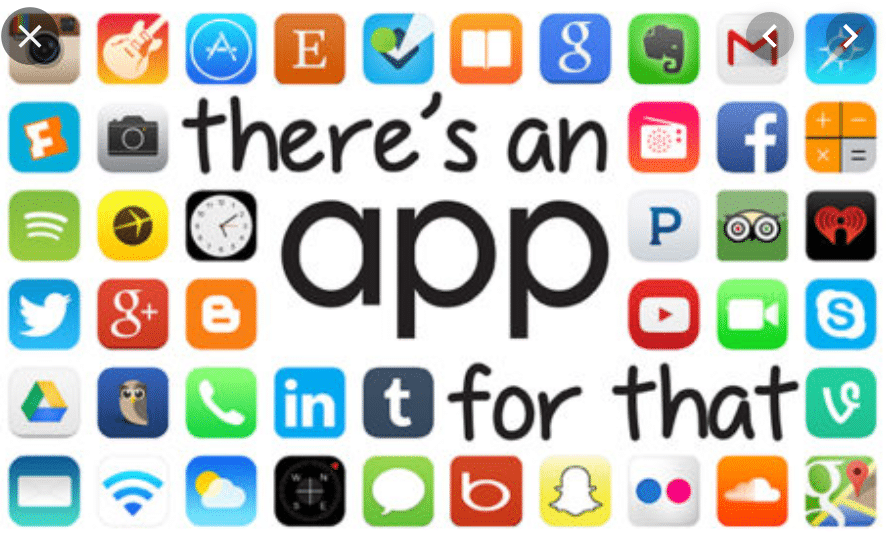
Die Verbindung verschiedener Dienste und Services in einer einzigen App. Oft fängt es eher mit wenigen Funktionen (Food oder Taxi) an, aber dann folgen mehr und mehr Services an einen Ort (Payment, Chat, Shopping, Delivery etc).
Ein Trend der vor allem in Asien aus dem “grüne Wiese” Ansatz entsprang oder entspringen konnte aber jetzt auch in anderen Bereichen Nachahmer findet.
WeChat oder Grab machten es vor. Dienste wie Uber machen es gerade nach. Sie schaffen Super-Apps oder so genannte Omni-Apps.
https://www.abacusnews.com/tech/ubers-new-look-old-news-china/article/3030914
In anderen Bereichen gab es vor einigen Jahren eine Gegenbewegung: Google oder auch Facebook entbündelteten ihre Apps und haben beide inzwischen eine ganze Reihe an verschiedener Apps im App-Store.
https://www.fastcompany.com/3054603/why-the-great-app-unbundling-trend-is-already-in-trouble
https://www.theverge.com/2018/10/18/17996640/google-eu-android-antitrust-ruling-app-unbundling-european-commission-chrome-search
Wie so oft gibt es nicht den einen Weg und dennoch habe ich mal ins Team gefragt, wem sie eine Super-App zutrauen oder ob wir eher “Feature Driven App” als App nutzen?
Alltagsrelevanz, Kundenzentrierung, digitale Exzellenz, Viralität sind Stichworte die es dafür wohl braucht. Sind es Banken, Suchmaschinen oder Mobilitätsanbieter die sich aufdrängen?
Hier die Meinungen aus der Runde:
Kilian Thalhammer:
Ich glaube an die “Use Case Driven App – nicht die Super App – oft denkt man (ich selbst auch) in Kategorien nicht in Features. Ich will von A nach B – der Sprung dann am Zielort auch noch einzukaufen und dass über dieselbe Super App zu machen ist oft zu weit. Die Welten “Reise”, Einkaufen, Social, Finance werden in sich “Super Apps” haben. Nicht immer überschneidungsfrei aber fokussiert. Der chinesische Ansatz wird meiner Meinung nach nicht global kopierbar sein.
WeChat ist auch keine Super App, sondern ein eigenes Ökosystem, dass es geschafft hat (natürlich lokal etwas begünstigt) eine analoge, wenn nicht höhere Relevanz als die GAFA’s zu erreichen. Davon wird es keine 20 geben. Am Ende die spannende Frage – ist da noch Raum für eine “Super App” im Bereich Finance oder wird das Thema so stark commodized, dass es in allen anderen untergeht?
Maik Klotz:
Es wird keine Super-App geben. Ich glaube nicht an das Schweizer Taschenmesser, sondern an dedizierte, Use-Case bezogene Apps. Das WeChat-Beispiel funktioniert in exakt einem Markt und hat sich nirgends reproduzieren lassen. Amen.
Jochen Siegert:
Wenn man Vertical-Apps, die mehrere Use-Cases pro Vertical konsolidieren als “Super-App” definiert, dann werden wir Super-Apps sehen auch bei uns. Heute schon zu erleben im Sharing-Bereich wo bisher getrennte verschiedene Sharing-Use-Cases bzw Apps in einer einzigen App konsolidiert werden. Mit Uber kann man Taxi, eRoller und eBike in Berlin fahren plus eine Art Mitfahrzentrale. Gleiches bei Sixt mit Mietwagen.
Carsharing und hochwertigen Limousinenservice konsolidiert in einer App. Letztes Beispiel “xNow” wo Dinge wie Taxi (Freenow), Carsharing (DriveNow), Parken (Parknow), Laden (Chargenow) in einer App konsolidiert werden. Aber werden wir eine Super-App wie in China mit WeChat sehen wo de facto alles über eine App läuft vom Chatten, übers Shopping, P2P Payment, Taxi bestellen, Lieferservices etc. werden wir nicht bekommen, alleine aufgrund unseres Kartellrechts :)
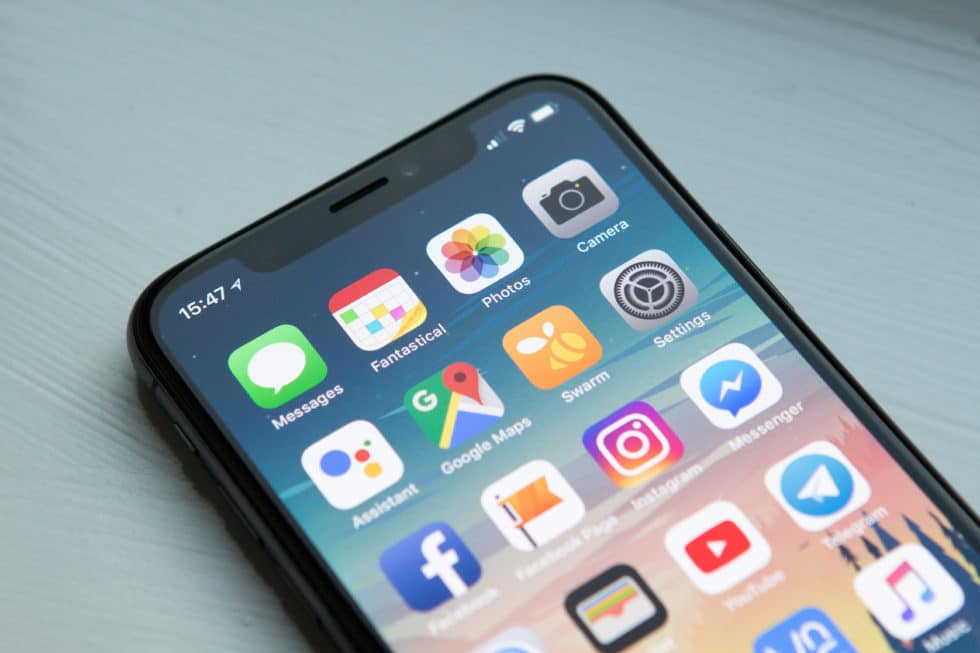
Nicole Nitsche:
Mächtige Super-Apps, angetrieben von Machine Learning und perfekter Personalisierung über viele Branchen und Produktgruppen hinweg, werden ein zentraler Weg zum Kunden. Super-Apps verändern ständig ihre Funktion und Form. Sie sind mächtige Datenbanken, die mehr als einen Medienkanal nutzen, mal als App, mal als klassische Desktop-Seite, mal als Skill oder Voice-Bot. Vieles mehr ist denkbar. Sie umfassen möglichst alle Bedürfnisse ihrer User, begleiten sie ggf. Tag und Nacht. Mobilität ist ein wichtiges Element, ebenso wie Nachrichten, Shopping und Logistik und – ganz wichtig- die Bezahlung. Außerdem beherrschen sie Dinge, die andere Dienste nicht beherrschen. Payment – inklusive eines möglichst einfachen Bezahlbuttons, der dazugehörigen Zahlungsabwicklung und eines Wallet-Systems – ist vielleicht die wichtigste Funktionalität. Die ständige Erreichbarkeit und Lokalisierung des Nutzers eine andere.
Kein Wunder, dass viele potenzielle Super-Apps ihren Ursprung in der Mobilität haben: Grab in Fernost, Uber in Nordamerika. Super-Apps verstehen ihre User. Personalisierung ist der Treibstoff für Erfolg. Eine umfassendes Profiling inklusive einer möglichst stetigen Lokalisierung des Users sind essentiell für Erfolg. Ein europäisch digitaler Alleskönner muss geschickte Verhandlungen mit den digitalen Platzhirschen von morgen und eine clevere Aggregation von Datenbanken leisten.
„Viele potenzielle Super-Apps haben ihren Ursprung in der Mobilität.“
Zudem muss der Need sich tatsächlich herausbilden und von den Märkten auch als solche akzeptiert werden. Wer das in Europa sein wird, ist für mich noch völlig unklar.
Miriam Wohlfarth:
Letztes Jahr habe ich Anthony Tan den Gründer von Grabpay auf der Bühne der Money2020 gesehen. Es ist wirklich beeindruckend wie sich Grab vom reinen Transportbezahlservice hin zum Mega Ordertool für Dinge des Alltags etabliert hat. Könnten wir uns heute vorstellen, dass FreeNow uns morgen auch Essen und Lebensmittel liefert, den Alltag erleichtert und es somit zur universellen Bezahlmethode werden kann? Abwegig ist das nicht. So lange Taxifahren aber noch sehr teuer ist und günstige Rides nicht wirklich verfügbar sind, wird es schwer sein eine breite Masse dafür zu finden. Ändern könnte sich das auf jeden Fall. Dann stellt sich jedoch die Frage inwieweit FreeNow gegen Uber bestehen kann. Seit Uber Berlin mit Jump flutet, bekommt es deutlich mehr Alltagsgsrelevanz. Meiner Meinung nach sollte FreeNow jetzt smarte Kooperationen mit Lebensmittelsdiensten eingehen. Food on demand sofort verfügbar, könnte ein echter Gamechanger werden.
Jürgen Weiß
Aus meiner Sicht wird es in Europa keine Super-App analog zu WeChat in China geben. Mehrere Gründe sprechen hier dagegen: Kommunikation insb. Messenger (aber auch Calls und Video) ist ein Muss einer solchen App und kein europäischer Messenger hat es bisher geschafft signifikant Marktanteile zu gewinnen.

Gleiches gilt für Social Media. Auch hier sind die Platzhirsche zu groß um sie mal eben zu ersetzen. Darüber hinaus würde das hiesige Kartellrecht eine solche App bereits im Keim zerstören. In Europa wird viel zu oft vor lauter Gefahren keine Chance gesehen. Was wir aber sicher sehen werden sind “feature driven Apps” die nicht nur auf ein Thema beschränkt bleiben.
Soll heißen, es wird über reine Single Function Apps hinausgehen und dabei werden nicht nur eigene Funktionen erweitert sondern dass Thema Kooperationen wird eine wesentliche Rolle spielen. Nicht gerade die Stärke deutscher Großunternehmen – aber wenn sie es nicht lernen, wird die Realität sie noch härter treffen.
Letztlich ist die Frage Super-App vs. “Feature Driven Apps” auch mehr philosophisch. Das Ökosystem ist das End User Device und ob man unterschiedliche Subfunktionen in einer App aufruft oder unterschiedliche Apps ist ggf. gar nicht so entscheidend.
Wichtig ist, dass man Dinge die Kunden gerne zusammen haben auch bequem ermöglicht. Negativbeispiel: Multibanking Apps. Im Rahmen von Kooperationen wäre es problemlos möglich hier z.B. mit einem 2FA/SCA Login auszukommen. Hier müsste nicht jeder sein eigenes Süppchen kochen. Darum gilt für mich: Wer es nicht versteht zu kooperieren wird am Ende verlieren.

